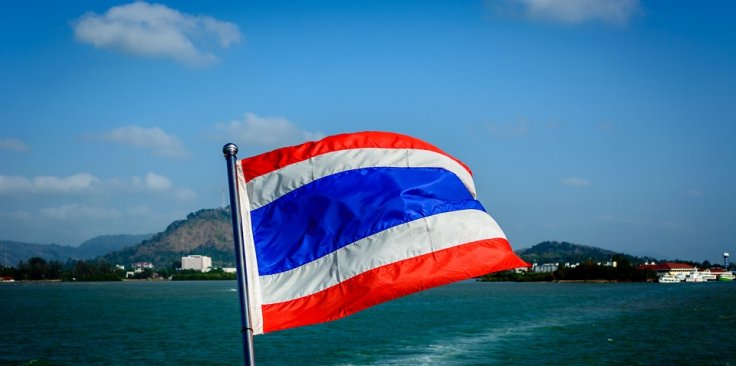Thailand is going to allow foreign tourists to pay a visit for longer stays from October, a senior official mentioned on Friday as the government tries to revive the key economic sector, which has been affected by the coronavirus or COVID-19 pandemic.
Tourists have to spend at least 30 days, with the first 14 days in quarantine in a limited vicinity of their hotel, ahead of visiting other areas, Tourism Authority of Thailand governor Yuthasak Supasorn told Reuters.
The announcement comes after authorities suspended plans to create 'travel bubbles' with partner countries as the number of coronavirus cases in Asia rose. "On Oct. 1 we will start in Phuket," Yuthasak said. Visitors will have to take two coronavirus tests during quarantine before they are able to travel to the rest of the island, Minister of Tourism and Sports Phiphat Ratchakitprakarn, said on Thursday.
Tourism in Thailand

Staff will also have to remain in the hotel, he added. Visitors will have to take an additional test and remain within the province for another week before they can travel to other parts of the country. Thailand has gone nearly three months without a confirmed case of local COVID-19 transmission. It has recorded over 3,300 cases.
The government's coronavirus taskforce on Friday extended a state of emergency for another month until the end of September to control the outbreak. The tourism-reliant economy has been battered by the collapse of global travel as infections spread.
Southeast Asia's second-largest economy shrank 12.2 percent in the second quarter from a year earlier, the worst contraction since the 1998 Asian crisis due to the pandemic impact. The country expects to receive eight million foreign tourists this year. By comparison, it had a record of 39.8 million tourists in 2019.
(With agency inputs)









